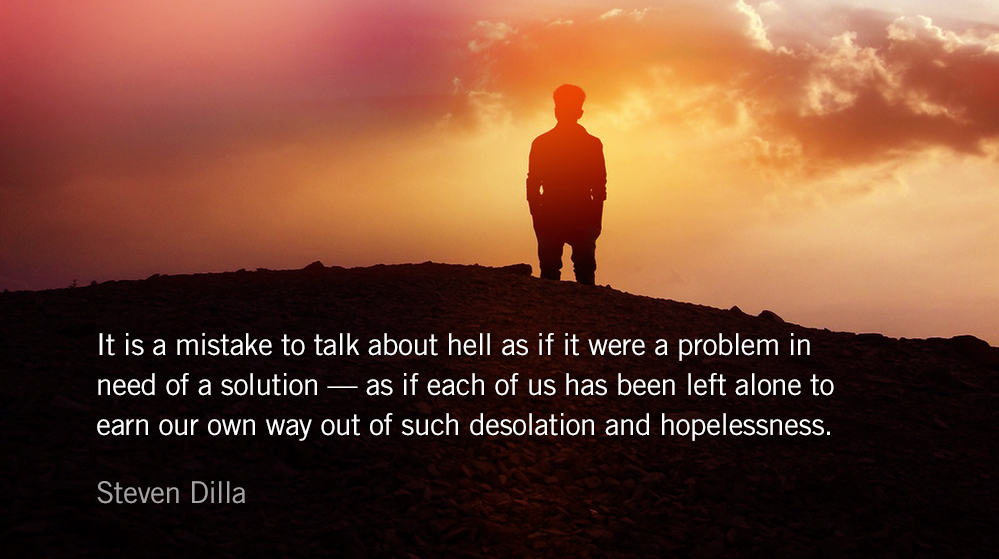
Psalm 82.1
God has taken his place in the divine council; in the midst of the gods he holds judgment:
TBT: Fearless in Judgment | by Charles Haddon Spurgeon
First, let us consider the assurance that there is a moral government. There is a Judge over the race of men: we are not as the locusts, of whom Solomon says that they have no king.
That being announced, we have to go on to say that there will be a day of final account. I need not stop to quote the numerous passages of Scripture which assert that every one of us must give an account of himself before God, for “we shall all stand before the judgment seat of Christ.”
All reasonable persons will conclude that there must be a judgment, if they will only consider the character of God. Being the ruler of the world, he must do justice. We should count any man who was made a king but a miserable counterfeit of a monarch if he never administered justice at all.
There will come a day in which he will judge the acts of men, because his character is not such that he could or would trifle with evil. “Be not deceived, God is not mocked; whatsoever a man sow, that shall he shall also reap.” He will “render to every man according to his deeds.”
And O, my brothers and sisters, you all know how quickening this doctrine is to Christians. We do not fear the day of judgment; we do not dread the thought of standing before our Lord Jesus, because we have a plea which we know will answer every purpose.
Our plea is this: we have been tried, condemned, and punished already. Behold, in your hands the nail-prints which are the witnesses that you bore our sins in your own body on the tree. Behold, at your side you wear the ruby gem which tells how thine own heart made expiation for the guilt of all that trust in thee.
We are not afraid, for there is no judgment for him who is judged already, no punishment for him who is punished already in a Substitute whom God has accepted. Yet this expectation of judgment quickens us to holy duty; we feel that since the Master comes we would be as men that look for their Lord, and stand with our loins girded, doing service, expecting to hear his footstep at any moment.
Today’s Readings
Deuteronomy 1 (Listen – 6:27)
Psalms 81-82 (Listen – 1:42)
Life and Death Apart from God
Part 4 of 5, read more on TheParkForum.org
___________________
FAQs
How can I make a tax-deductible donation? Click here.
How can I get these devotionals in my inbox? Click here.
What is the reading plan this blog is based on? Click here.
___________________________________










